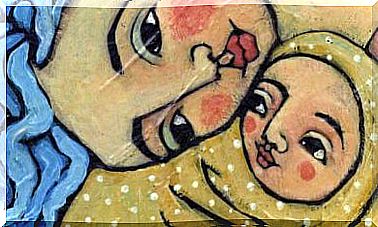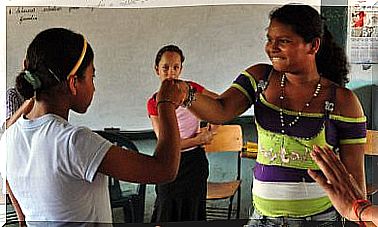How Are Emotional Wounds Created In Childhood?
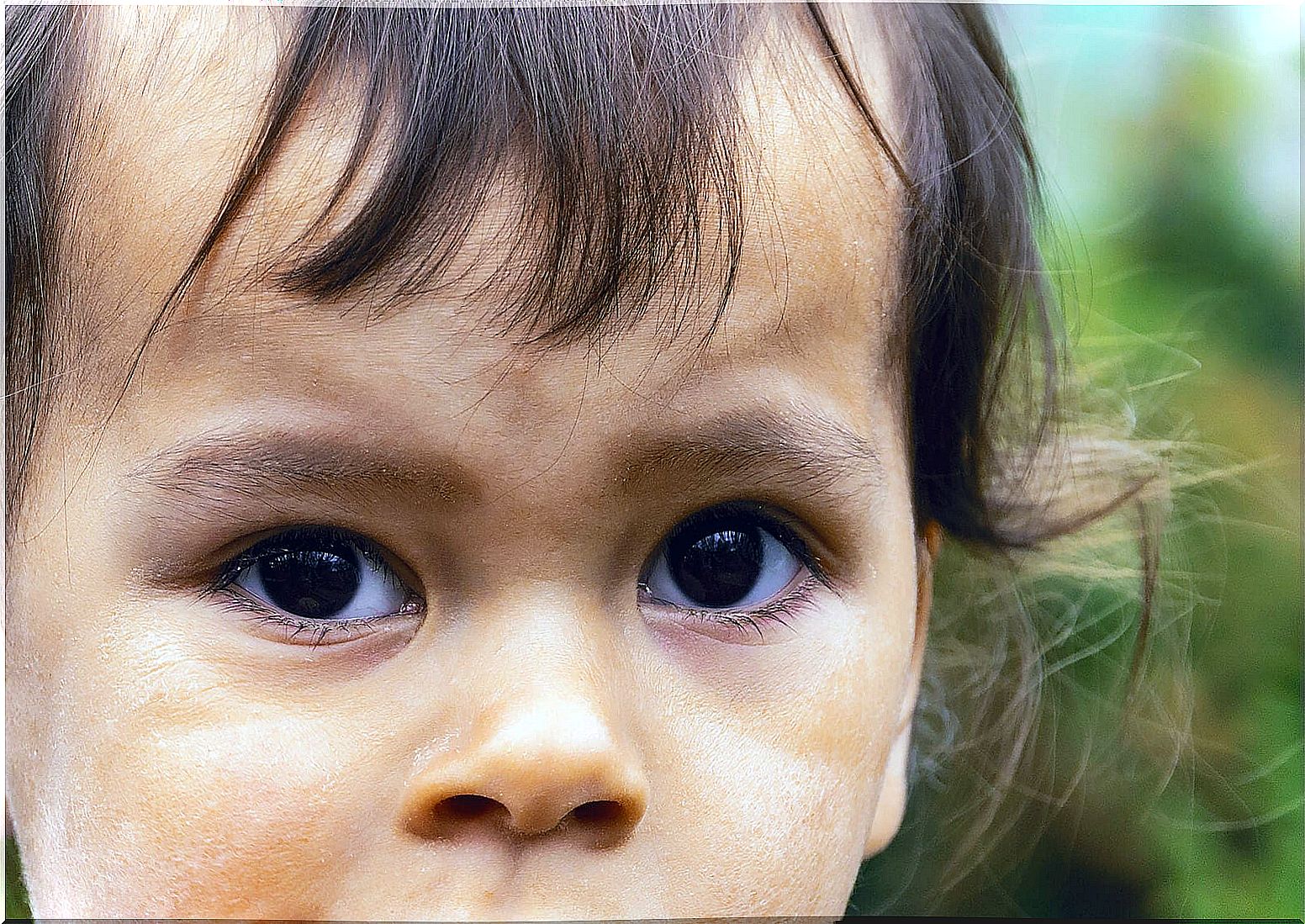
Childhood is a critical stage in which we acquire the basic concepts about the world: how I am, what others are like and what I can expect from life. This learning comes mainly from the relationship with our parents and their parenting style. Thus, when these early experiences are not adequate, emotional wounds are created in the child’s mind that last over time.
It is easy to detect the consequences of these damages in many adults. And it is that these emotional wounds determine the way we think, feel and act for years.
Anxiety problems, mood disorders, dependency relationships … There are many related difficulties. Therefore, to prevent them from developing in our children, it is important to know what they are and how they originate.
How are the five emotional wounds created in childhood?
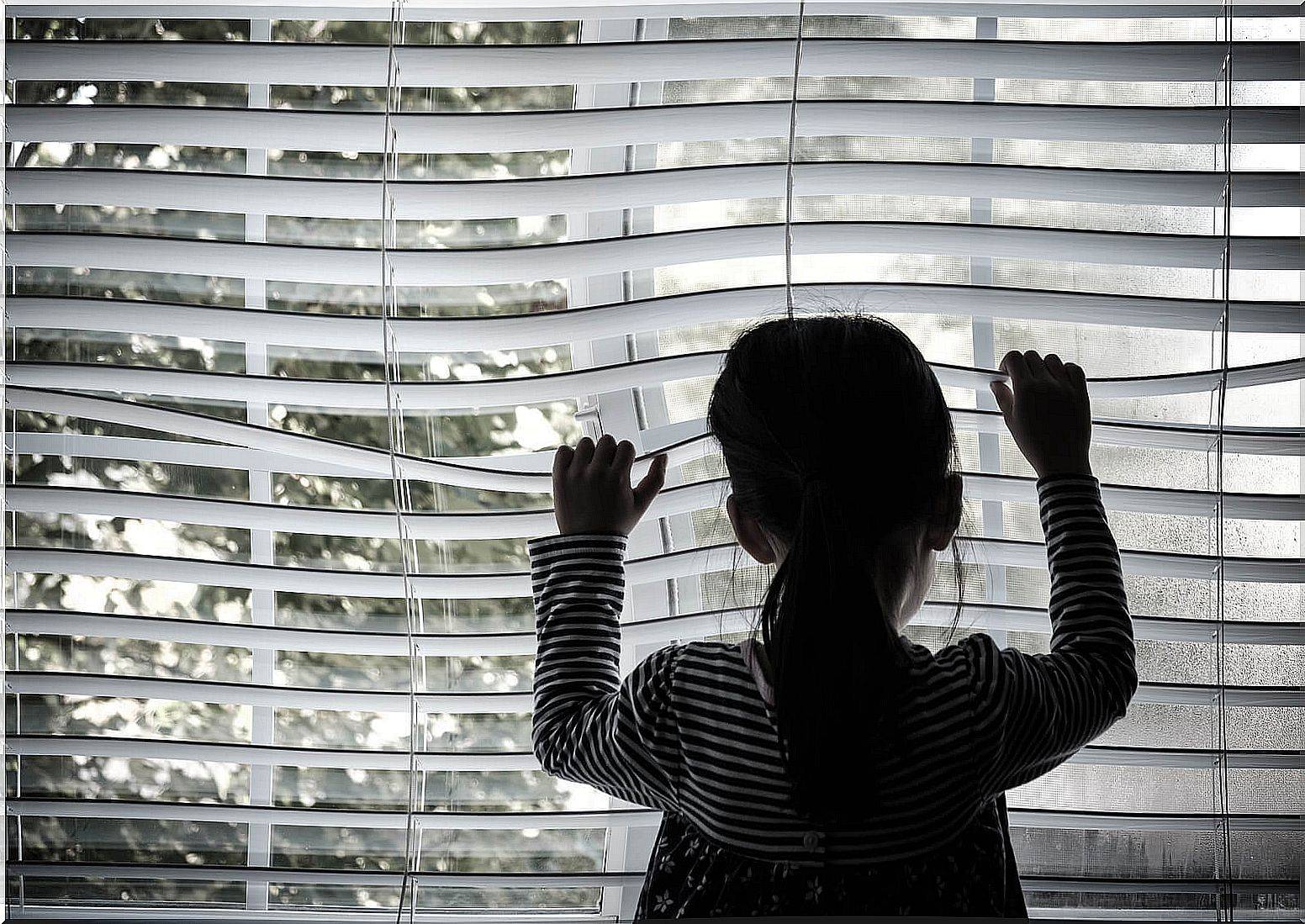
Abandonment
The wound of abandonment arises when the child feels the lack of presence, affection and protection from their parents. This abandonment can be real, if one of the parents leaves the child’s life, dies or spends long periods away; but it can also be symbolic, for example, if that adult, despite being physically present, is not emotionally available.
This leads to the child developing an insecure and dependent personality and spending his entire life trying to avoid being abandoned again. Something that will bring you great suffering and many problems when it comes to relating. To avoid abandonment, it is necessary to be available to our children at all levels, dedicate quality time to them, listen to them and attend to their emotional needs.
Rejection, the deepest of emotional wounds
Rejection is one of the deepest wounds, since it leads the child to feel unworthy and undeserving. This wound is created when there is no unconditional acceptance on the part of the parents, when they despise some area of the child’s personality. It can also be formed based on experiences of rejection by peers in school or other settings.
The child who grows up feeling rejected will develop an extreme sensitivity to criticism and will begin to wear a false security mask that will lead him to flee from any emotional commitment. To prevent it, it is necessary to accept the child as he is, treat him with respect and develop his self-esteem.
Humiliation
When the child feels criticized or ridiculed by his parents in any way, the wound of humiliation arises. This leads to a poor self-perception and an urgent need to be accepted and valued by others.
If we want to avoid such consequences, we have to be empathetic and careful with the way we address children. Try not to criticize your child, but to point out specific behaviors that are inappropriate. And, above all, do it from love and respect.
Treason
The betrayal wound is the consequence of parents who do not keep their promises and do not support their own words with actions. In this way, the infant develops resentment and distrust towards the world. Additionally, you may experience jealousy, envy, and a need to control everything to avoid feeling disappointed again.
It is essential, then, to be consistent and not tell children anything that we cannot comply with. Think about the consequences of your words and don’t betray their trust.
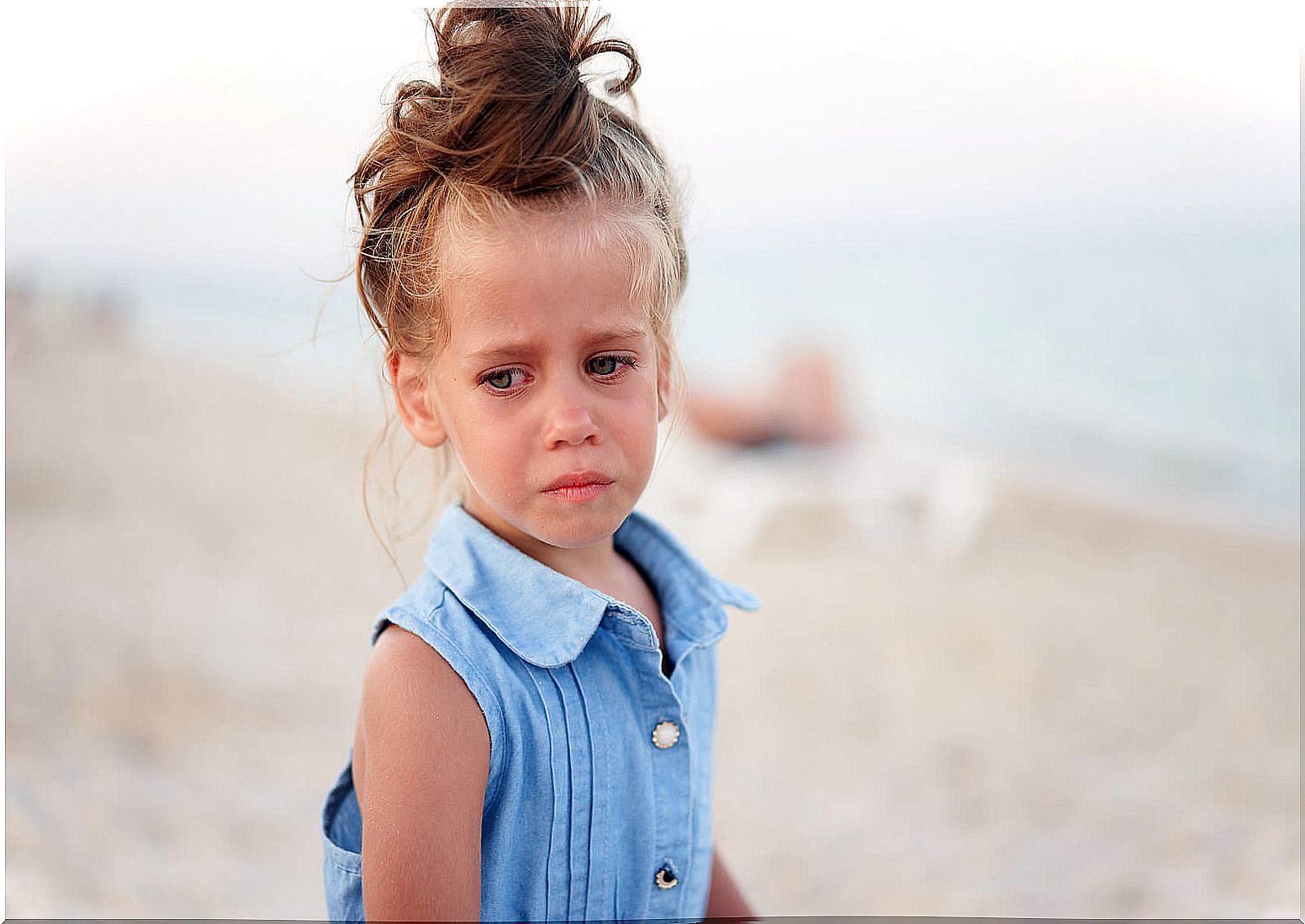
Injustice
This last wound is typical of homes in which an excessively rigid and authoritarian parenting is carried out. Families in which there is a high level of demand and a low degree of affection. Thus, these children tend to become rigid, perfectionist and not very tolerant people.
The best way to prevent this injury is to apply a balanced style of education in which there are fair limits, but also affection and respect. Flexible parents, able to dialogue with their children and allow them to have a voice, will easily avoid this emotional damage.
We all have emotional wounds
It is conceivable that emotional wounds are typical of dysfunctional homes and children with extremely tough childhoods. However, most of us have at least one of them. And it is that, for these wounds to be created, extraordinary situations are not necessary.
Any daily experience, such as the birth of a sibling or the fact that parents work long hours outside the home, can trigger them. Thus, the objective will be to reduce their appearance as much as possible, both in number and impact. It is easier to prevent damage than to repair it. Let’s take care of childhood.


